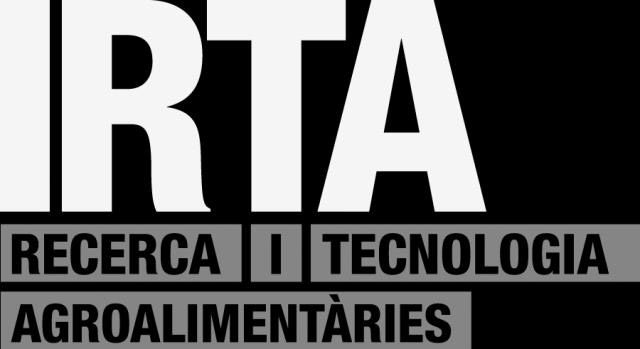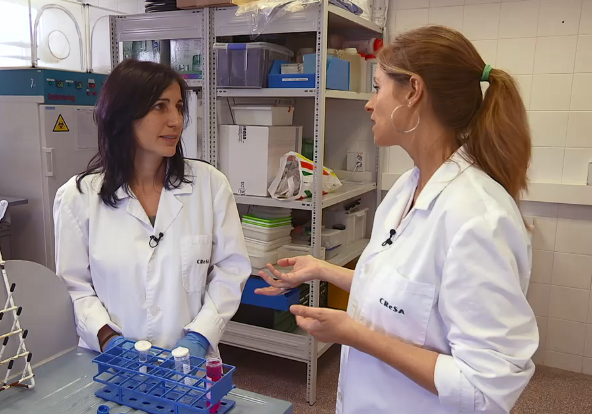Author Archives: Núria Busquets
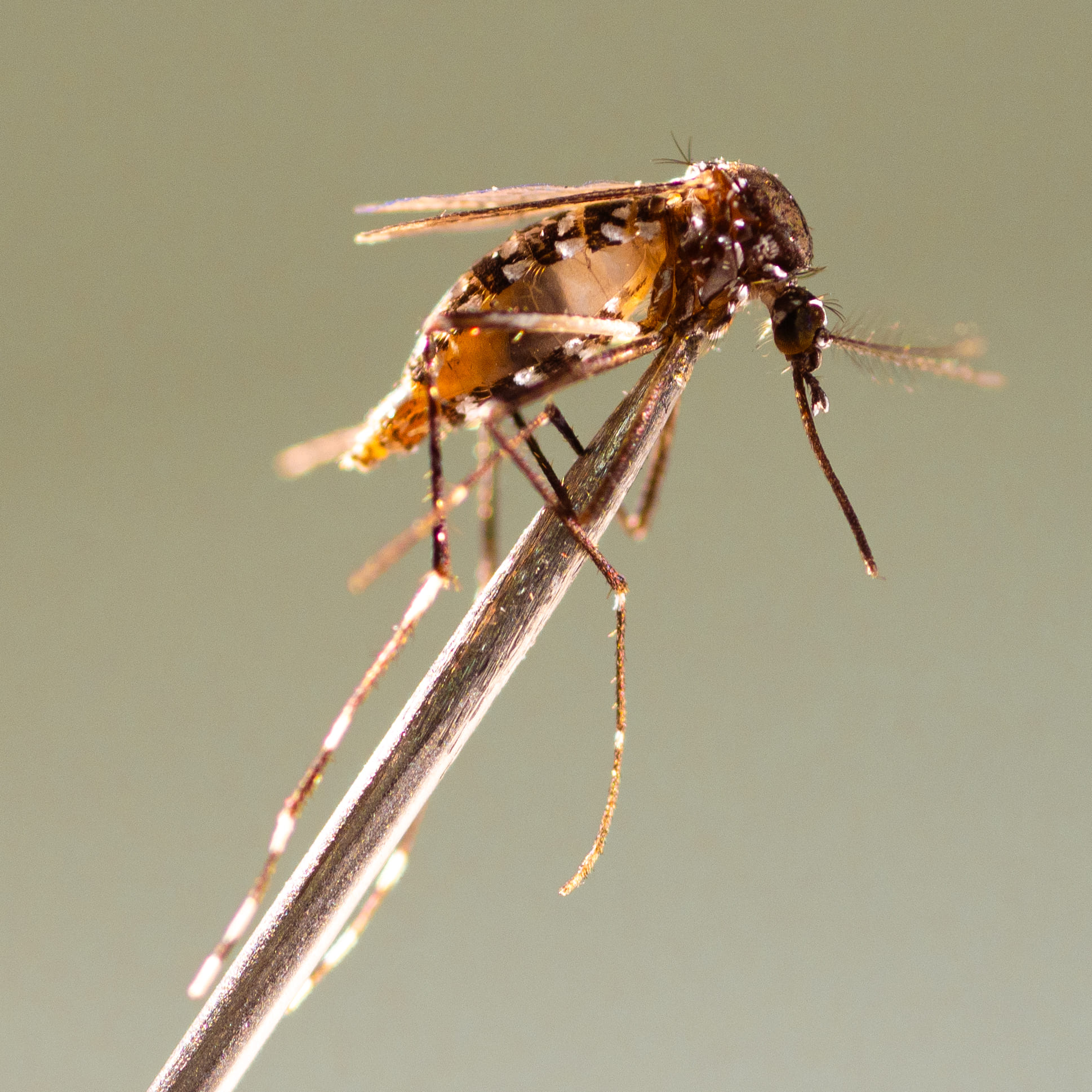
Field evaluation of an automated mosquito surveillance system which classifies Aedes and Culex mosquitoes by genus and sex
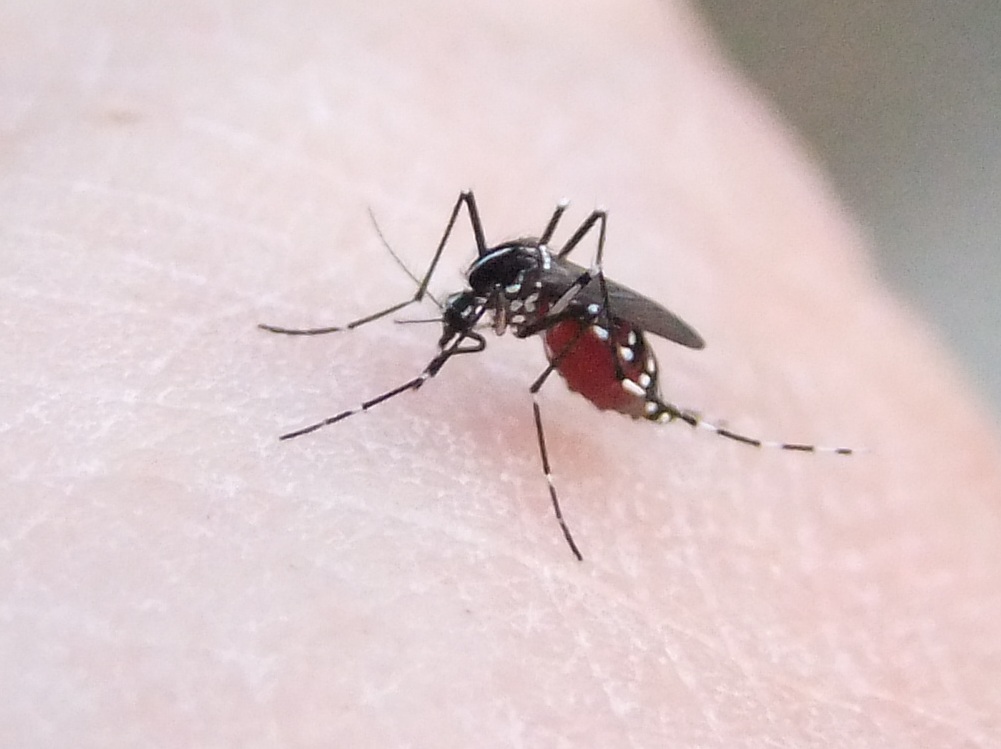
“Chikungunya: how globalization expands new diseases arround the world”, article at THE CONVERSATION

First detection of the circulation of West Nile Virus on a horse in Catalonia
For more than 12 years IRTA-CReSA has been carrying out the diagnosis and technical assessment of the West Nile virus surveillance program in Catalonia as a service by the Departament d’Agricultura, Ramaderia i Pesca (DARP). This program was initiated with the objective of detecting early the circulation of West Nile virus, a virus that can affect wild birds and equids and is transmitted by mosquito vectors to people.
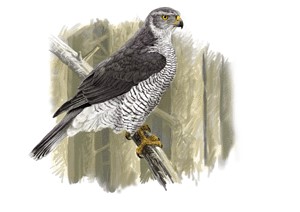
First detection of West Nile Virus in a bird of prey in Catalonia
For more than 10 years IRTA-CReSA has carried out the diagnosis and technical assessment of the West Nile virus surveillance program in Catalonia as a service by the DARP. This program was initiated with the objective of detecting early the circulation of West Nile virus (WNV), a virus that can affect wild birds and equids and is transmitted by mosquito vectors to human beings.
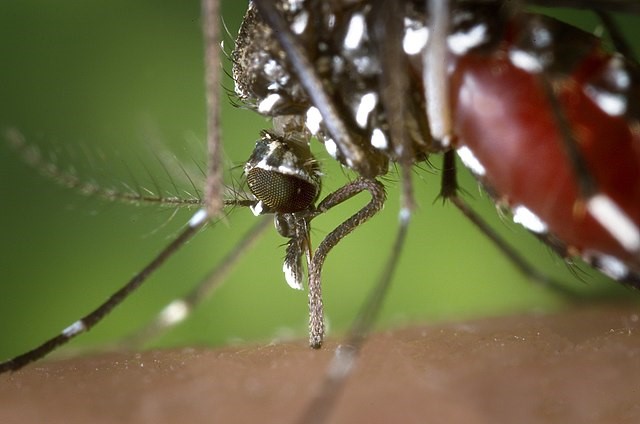
REARBOVIR network approved to deal with viral diseases transmitted by insects
IRTA-CReSA is part of a new network, approved on 07-07-2017, led by the Institute of Medical Chemistry (IQM) of the CSIC and with the participation of the University of Alcalá, Pompeu Fabra University, and ISGLOBAL. Dr. Núria Busquets, from the Exotic Disease Subrogramme, is the CReSA responsible of this initiative funded by the Ministry of Economy, Industry and Competitiveness in the call of Networks of Excellence (SAF 2016-81856-REDT). The initial meeting of the project will take place in Barcelona next November.
February 2017, a case of highly pathogenic avian influenza was detected in a Stork in Catalonia
For over 10 years IRTA-CReSA has been conducting diagnosis and technical assistance within the surveillance program of avian influenza in wild birds in Catalonia as commissioned by the DARP. This program was initiated with the aim of an early detection of circulation of highly pathogenic avian influenza H5N1 virus that affected wild birds and poultry. The virus had been circulating Asia and was finally detected in Europe in 2006.
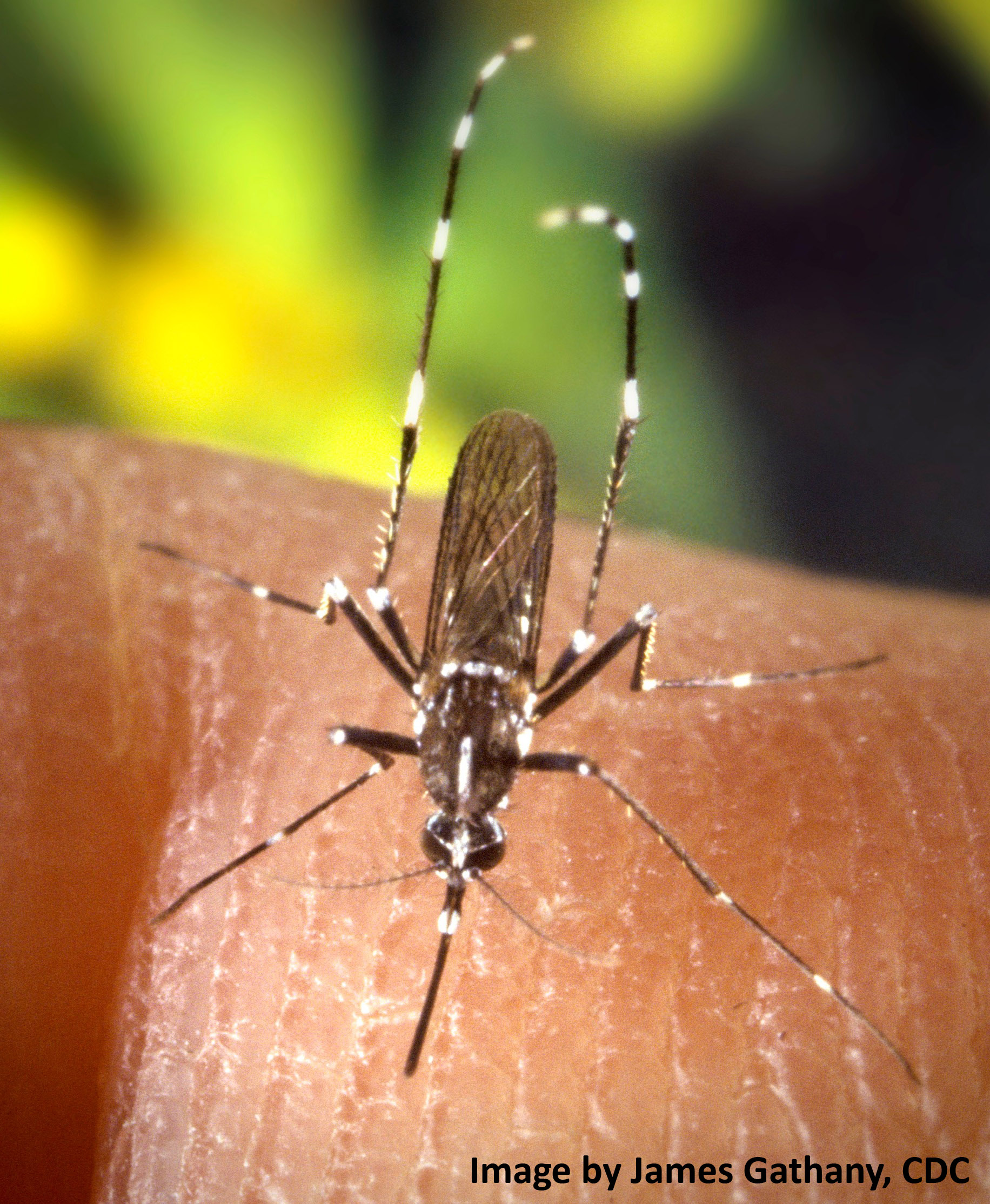
IRTA-CReSA will perform Zika virus surveillance in Tiger mosquitoes
IRTA-CReSA (Animal Health Research Centre) is responsible for conducting viral surveillance on the Tiger mosquito (Aedes albopictus) of different viruses transmitted by mosquitoes by commission of the Department of Health of the Generalitat of Catalunya. Since 2014, IRTA-CReSA carries out the diagnosis of Chikungunya virus in Aedes albopictus. In 2015, this surveillance expanded to Dengue virus. And this year the necessary tools to detect the Zika virus are also being implemented. This service is framed within the “Protocol for surveillance and control of mosquito-borne arbovirosis in Catalunya” which is coordinated by the Public Health Agency of Catalunya.

